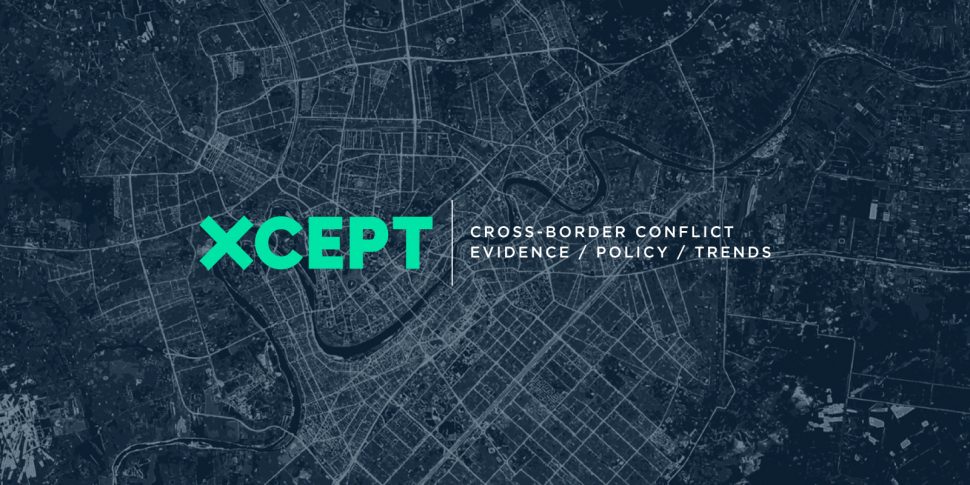The challenge presented by violent non-state actors was brought into sharp relief at the start of the century with the 9/11 attacks when al-Qaeda attacked the United States.
The intervening period has given way to a series of more diffuse and splintered movements, from all parts of the political spectrum. They have been reinvigorated by developments such as faltering American leadership, an erosion of trust in globalisation coupled with a rise in xenophobia and fear of outsiders. Identitarian and xenophobic movements are consequently experiencing a resurgence of support across Europe, and the West more generally, in a fashion not seen since the 1930s.
The results are clear for all to see. Far-right movements are on the march and have claimed lives across the world, from the streets of Charlottesville, to synagogues in Pittsburgh and San Diego, to mosques in Christchurch. Political violence also claimed the life of Jo Cox in 2016, when she became the first sitting Member of Parliament to be killed since 1990 by the IRA. Indeed, a somewhat revitalised Irish Republican movement has also reappeared, claiming the life of Lyra Mckee last year, a journalist covering renewed tensions in Northern Ireland.
In autumn of 2019, we launched our research stream looking into the violent far-right.
Broadly, this project focuses on issues such as how individuals and social movements from extremist ideologies interact, in order to understand what is fuelling far-right violence in the UK and internationally. It also explores the cultural aspects of the modern-day far-right, pertaining particularly to the influence of socialisation within online far-right communities and lone-actor radicalisation.
A sub-project on ‘Memetic Irony and the Promotion of Violence within Chan Cultures’ has been funded by the CREST commissioning call. It investigates the role of Alt-Right (short for Alternative Right) online subcultures in the promotion and escalation of real-world violence, through comparative analysis of violent memes and content across four Alt-Right chan platforms. It will compare 8chan (currently offline) during the peak of violence in the Summer of 2019, with current prominent boards: 4chan, 16chan and Neinchan. An offshoot of the far-right, the Alt-Right is understood as a primarily online community, which grounds its logic in the belief that certain traits are racially and biologically innate, and thus lends support to the idea of an explicitly white identity.


